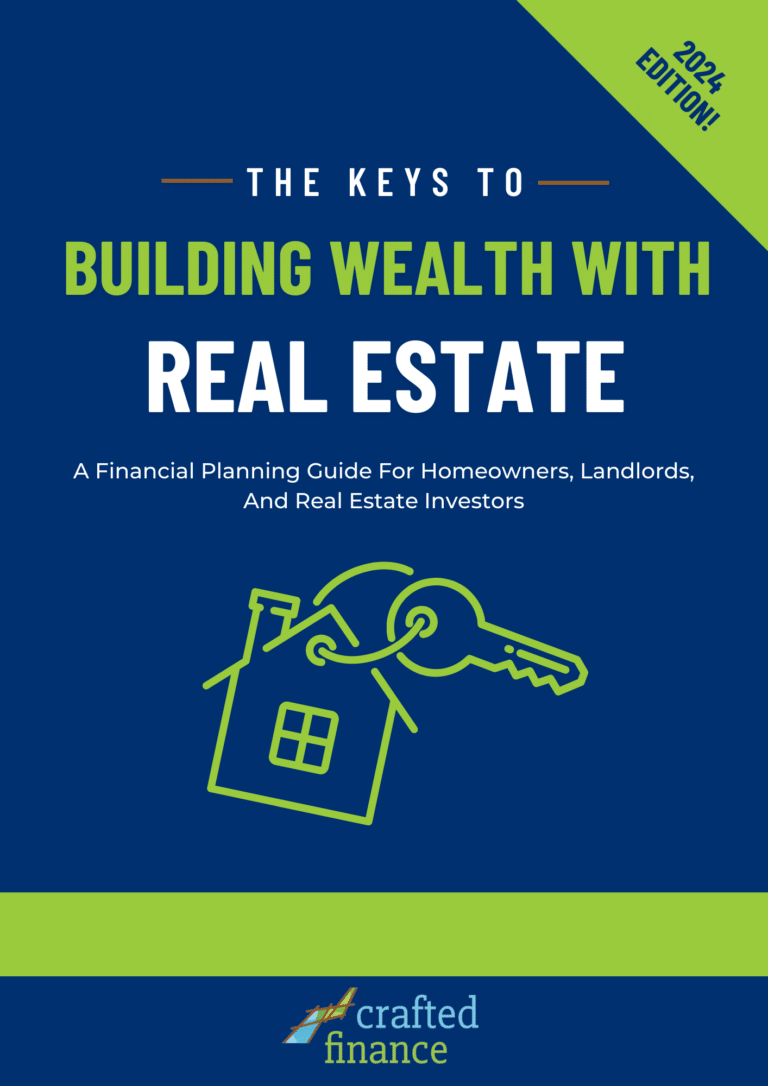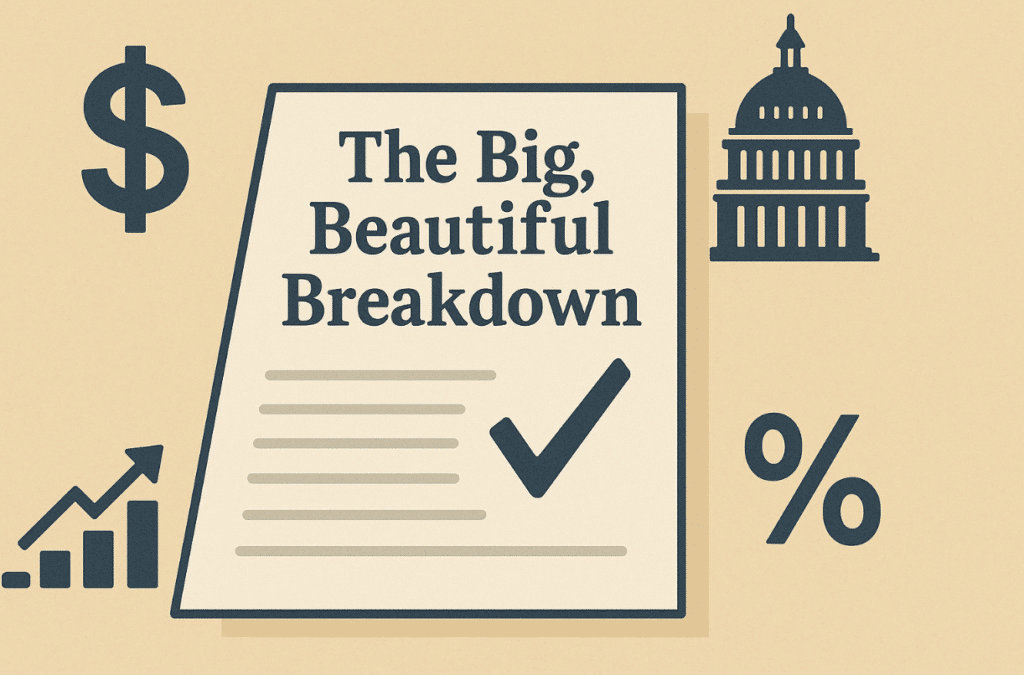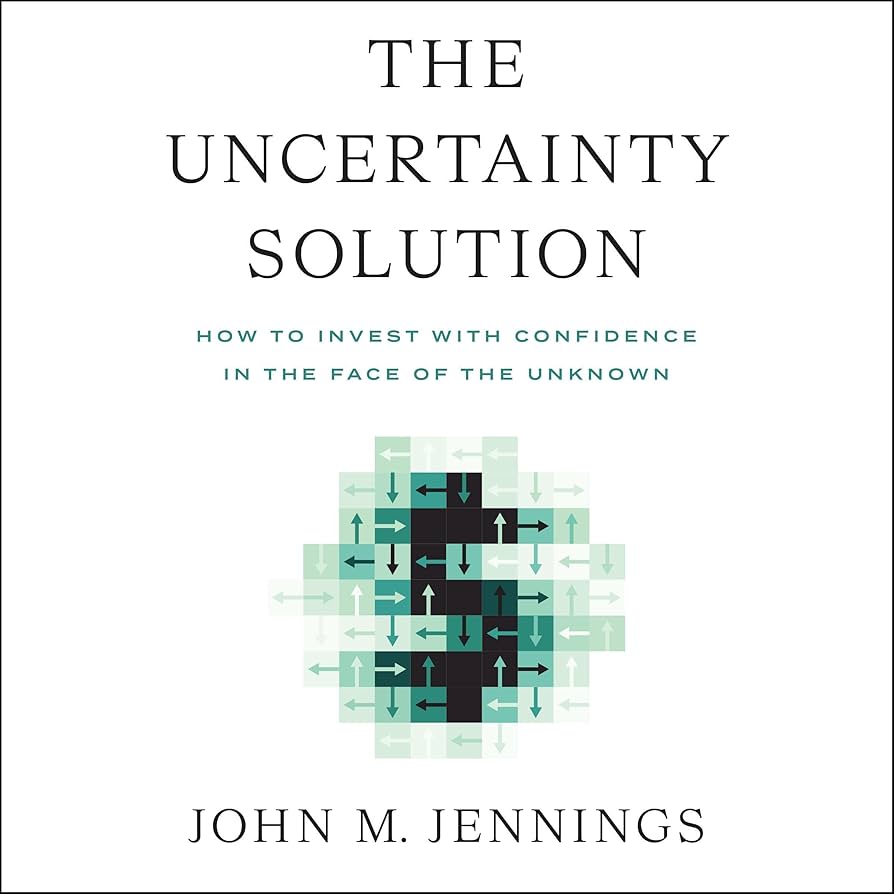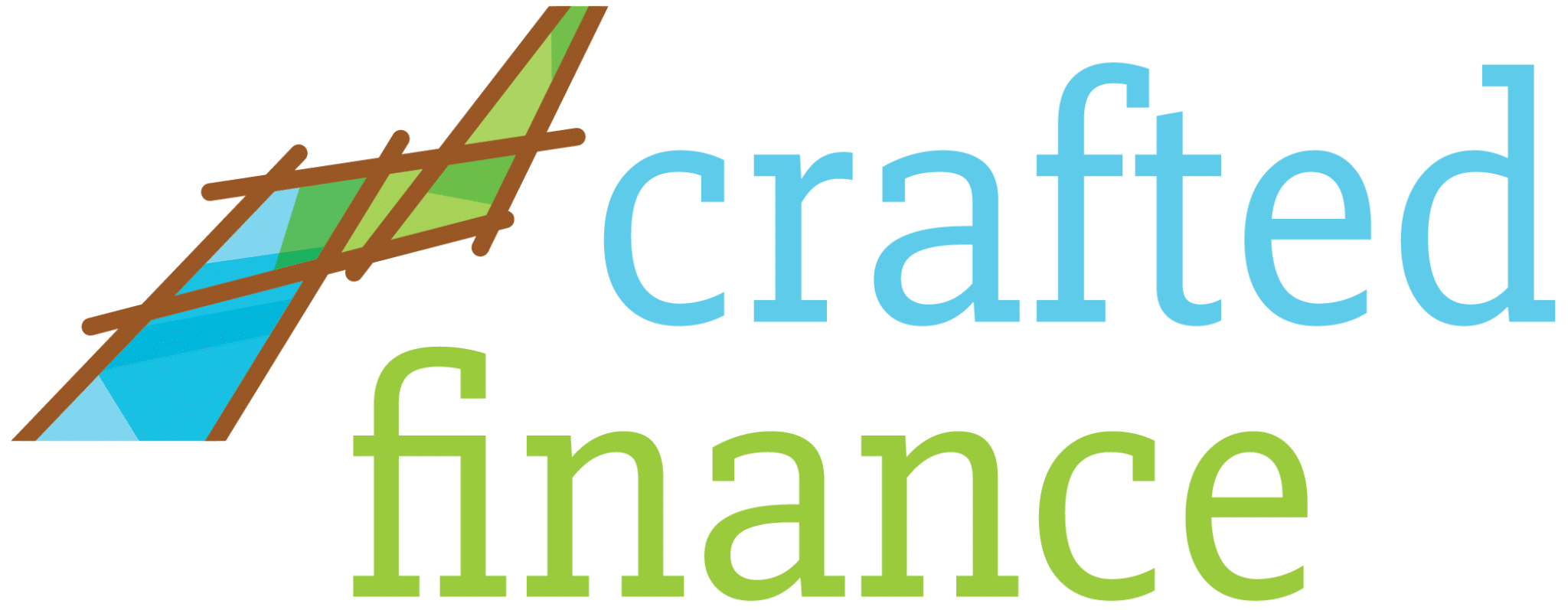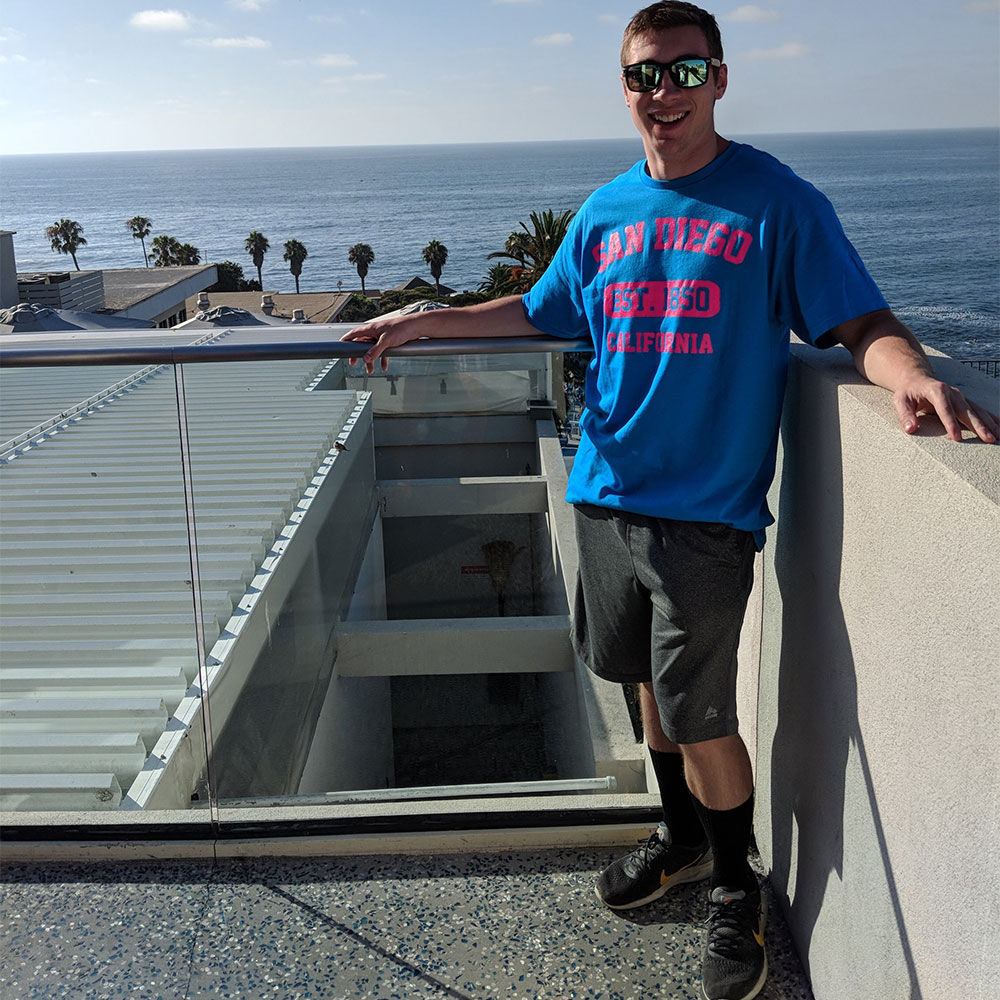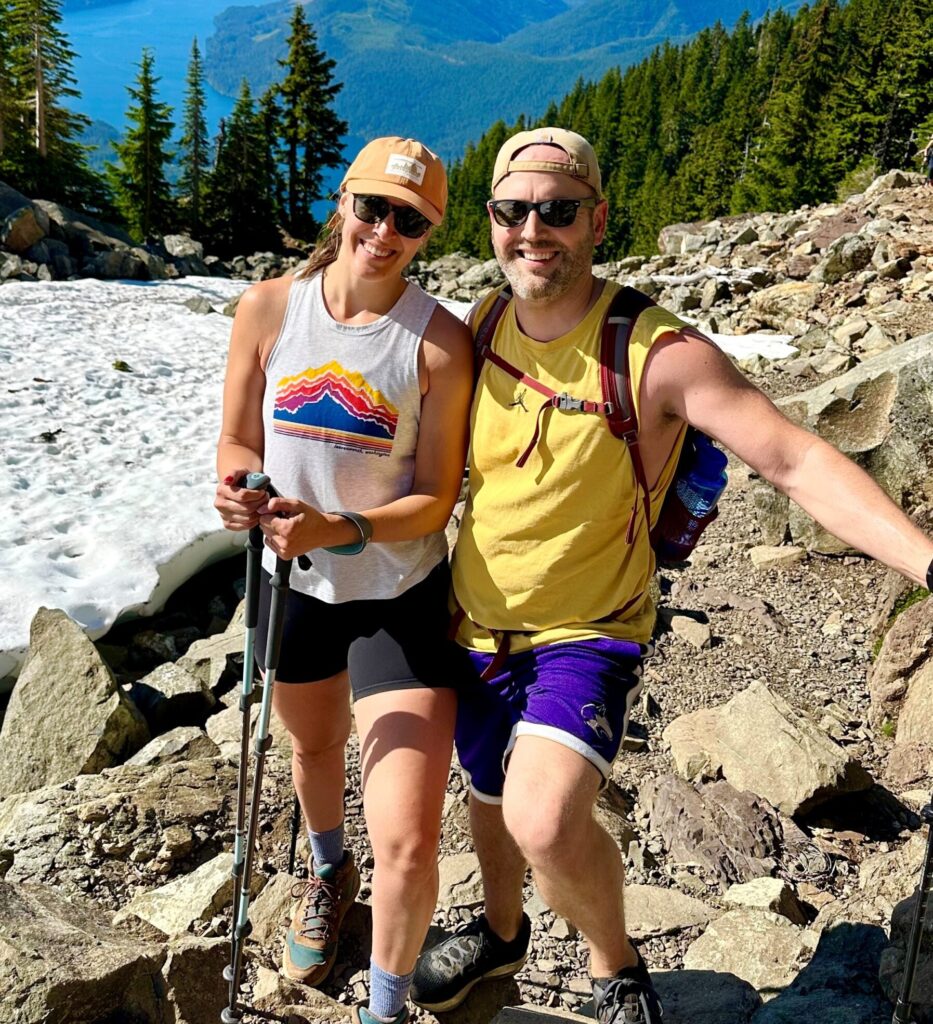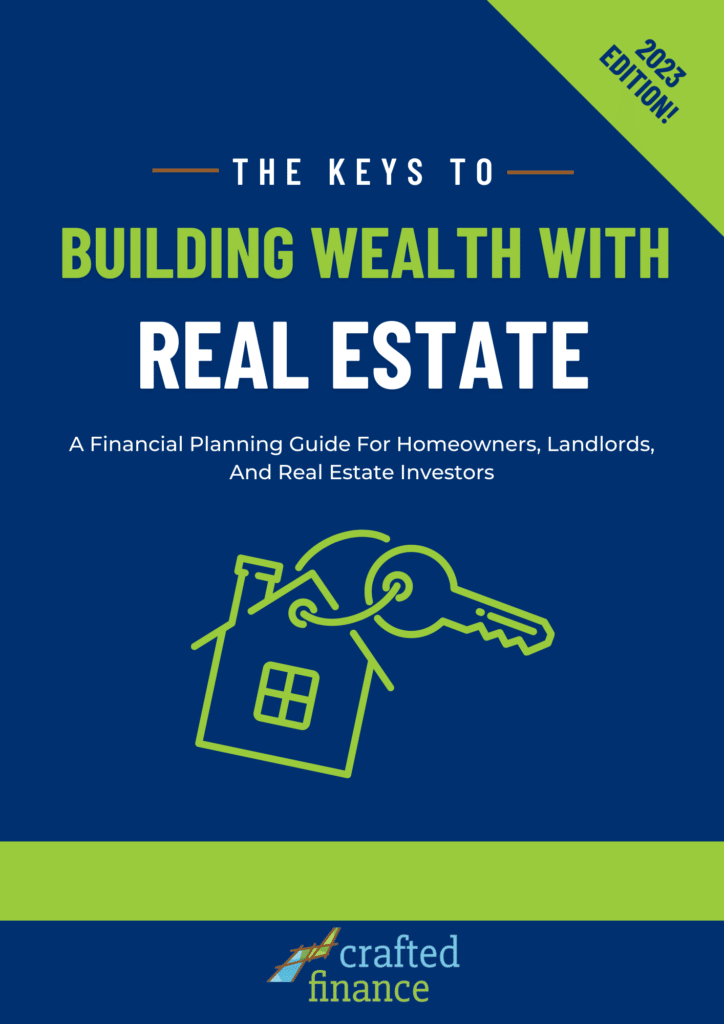Ahhhhhh vacation homes for sale. They provide nice images don’t they' Exiting the beach house to the smell of the ocean. Sipping morning coffee while looking through the frosted glass of a mountain cabin. Whatever the fantasy is, it’s compelling.
Honestly, I love the vision of a vacation home. It’s an aspiration with a lot of emotional weight behind it. And it’s the type of dream that can make sticking to a long-term plan easier when times get tough.
But that doesn’t mean you won’t be tempted to cut corners along the way. And if you do, you’ll quickly turn your dream getaway into a nightmare factory. So let’s take some time to review the most common mistakes before buying a vacation home.
1) Not Going In With A Budget
This should go without saying, but you need to consider the costs of something before you buy it. Unfortunately, I can’t tell you the number of times I’ve seen financial security jeopardized for the sake of a boat, RV, or expensive vehicle.
But those pale in comparison to the cost of a vacation home.
There’s nothing wrong with nice things. But they have to be kept within budget. If you can’t afford the down payment, mortgage, insurance, and maintenance/remodeling costs, then you can’t afford a vacation home.
It’s also possible you could afford one, but don’t know it. That’s because you don’t keep a budget. Many of our clients have found this challenging, but it can’t be used as an excuse to buy a vacation property without thinking. The right advisor can help you budget, count costs, and make home buying decisions with confidence.
2) Banking On Rental Income
But wait, your vacation home can be rented out! Maybe you can justify overspending a bit for the sake of an income-generating asset' Sorry, but no. This is a common misconception in buying rental properties (especially in 2022).
When people start thinking in terms of “passive income streams” or “appreciating assets,” they go blind. They usually overestimate the income and underestimate the costs of the property – forgetting that they paid fair market value.
Your vacation property certainly has the potential for both, but neither is guaranteed and most of the time, there is negative cash flow from the start. And even if your home appreciates, and you’re collecting rent, it may be less than you expect.
Most (if not all) of your rental income may be eaten up by mortgage and maintenance costs in the first few years. And that’s assuming you’re able to rent the space consistently! The problem with many vacation properties is their seasonal demand. Depending on where your vacation home is, you may struggle to find renters all year.
Finally, most of our clients visit their own vacation homes several times throughout the year. This means they aren’t getting income during their own stay. Keep this in mind too when projecting out how much income you will earn from your property.
3) Thinking It’s “Out of Sight Out of Mind”
Often vacation homes are thought of in terms of “perfect getaways.” We tend to fantasize about our time in them only in certain climates or times of the year. But that doesn’t change the fact that the property is subject to weather conditions year-round.
This means your home is going to be experiencing some wear and tear. And unless it’s nearby, and you have the skills to handle it yourself, you’re going to need a property management company to do the maintenance.
And if your vacation home is only rented out seasonally, you again face a major problem. When properties are left vacant, damage (ex: pipe bursts) can occur without anyone knowing for an extended period of time. Resultantly, insurance companies can consider vacation properties higher risk, which shows up in the form of much higher premiums.1
4) Underestimating Property Taxes
It’s not uncommon for people to look for vacation homes for sale outside of their home state. This can be great for a change of scenery, but rough for a change in taxes. It’s critical that you consider the property tax implications of your vacation home’s location.
Property taxes vary significantly on both a state and county level. And you may be surprised by some of the states where you’ll be most affected. At the time of this article, the states with the highest property taxes include: New Jersey, Illinois, New Hampshire, and Connecticut.2
5) Not Stepping Into A Future Guest’s Shoes
Are you planning on renting out your vacation property' If so, you need to consider its appeal from the guest’s perspective. That lake out in the middle of nowhere may have a special place in your heart, but it’ll need WiFi and a cell signal to hold a place in your visitor’s heart.
Guest Considerations When Buying a Vacation Property:
-
- Proximity to stores, landmarks, and entertainment
-
- Cell phone receptivity
-
- Furnishings (which you’ll need to budget for!)
-
- Rent prices of nearby properties
6) Buying Vacation Homes With The Wrong People (Bonus)
Given how expensive vacation properties can be (ex: beachfront homes), sometimes family and friends like to go in on the costs together.
But be warned. If you’re going to go this route, you need to be 100% sure it’s the right set of people. Fights can quickly break out over home design, tenancy, maintenance, and the selling of the property itself.
How Crafted Finance Can Help
At Crafted Finance we love helping our clients realize their real estate ambitions. And undoubtedly, one of the most common is the purchase of a vacation property.
When done correctly, buying a vacation home can be a fantastic form of real estate investing . It provides a wonderful place for loved ones to come together. Furthermore, it’s an asset that has the ability to bring in passive income and appreciate in value.
But you can’t let the dream cloud your better judgment. Before buying you need to know you can afford it. You need to have realistic expectations regarding rental income, maintenance costs, and property taxes. And after scheduling a complimentary call with us, we can start helping you every step of the way.



